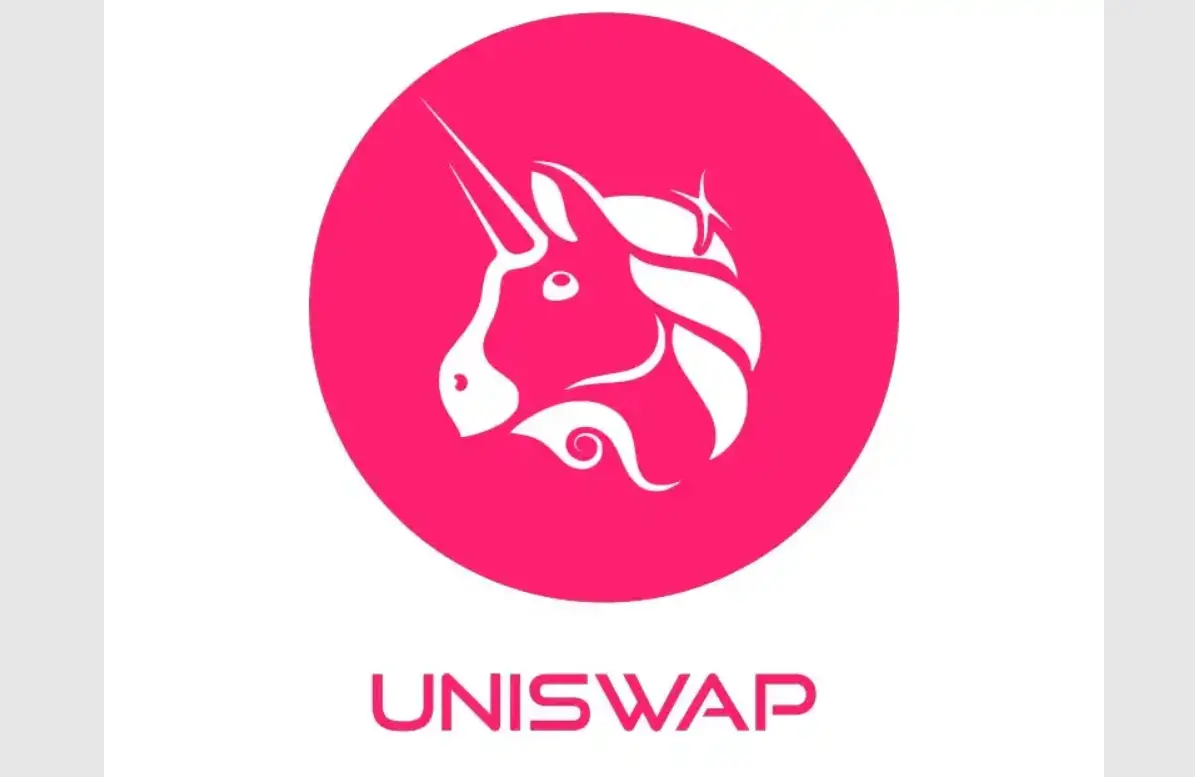Trump has canceled the August 25–29 trade visit to New Delhi, pulling the plug on bilateral talks just a day after meeting Vladimir Putin.
This decision instantly froze progress on a long-stalled trade deal and crushed any last hopes that Indian exporters might dodge the steep new U.S. tariffs set to hit on August 27.
Earlier this month, Trump angrily imposed an extra 25% tariff on Indian imports . The reason was that New Delhi kept buying oil from Russia even as Washington demanded a freeze.
With this new tax set to kick in on August 27, some Indian goods will now face a 50% duty, one of the highest trade penalties slapped on any current U.S. partner. The penalty came after five failed negotiation rounds that kept circling the same disagreements, mainly over opening India’s farm and dairy sectors and the oil deals with Moscow.
New Delhi is pushing back. India’s foreign ministry argued that the country was being unfairly singled out. Officials pointed to continued trade between Russia and the West, including oil purchases by both the U.S. and the European Union. But Trump went forward anyway, forcing Indian exporters to brace for financial damage and uncertainty.
The trade freeze is part of a much larger problem. The partnership between Washington and New Delhi, one of the closest in the past two decades, is now sliding into its worst crisis in years. And there’s no indication either side is trying to fix it.
Modi leans into self-reliance as U.S. ties fracture
During his Independence Day speech on Friday, Prime Minister Narendra Modi didn’t mention the U.S. by name, but he did say India would become more independent and reduce its dependence on foreign imports.
Modi announced that India’s own semiconductor chips would be on the market by the end of the year. “By the end of this year, ‘Made in India’ semiconductor chips will be available in the market,” he said, wrapped in the national flag’s colors.
Modi also promised a major tax reform by October, focusing on the goods and services tax system. The changes are meant to benefit India’s middle class, key voters for his Bharatiya Janata Party.
At the same time, he announced a new task force that would focus on cleaning up outdated rules, cutting compliance costs, and removing legal roadblocks that slow down businesses.
This is all part of Modi’s longtime Atmanirbhar Bharat campaign, aimed at reducing India’s reliance on outside powers. Modi’s push for domestic production has had a few wins, like Apple shifting some iPhone manufacturing to India.
But progress has been limited, with foreign investors blaming government red tape and slow approvals. India wants to be less dependent on imports for things like batteries, fertilizers, and energy, but with the trade door to the U.S. now closed, that goal just got a lot harder.
Still, Indian officials are trying to keep communication alive. Sunil Barthwal, India’s commerce secretary, told reporters that “India remains fully engaged with the U.S. in trade negotiations.” But his statement came just hours before the U.S. team canceled the visit without any explanation.
Experts aren’t surprised by the deadlock. C Raja Mohan, a visiting professor at the Institute of South Asian Studies in Singapore, said public pressure from Washington isn’t helping. “The Americans are making it very hard for India,” he said. “Modi cannot be seen as giving in.” But Mohan also noted that Modi is still pushing his people to “negotiate in a pragmatic manner.”




